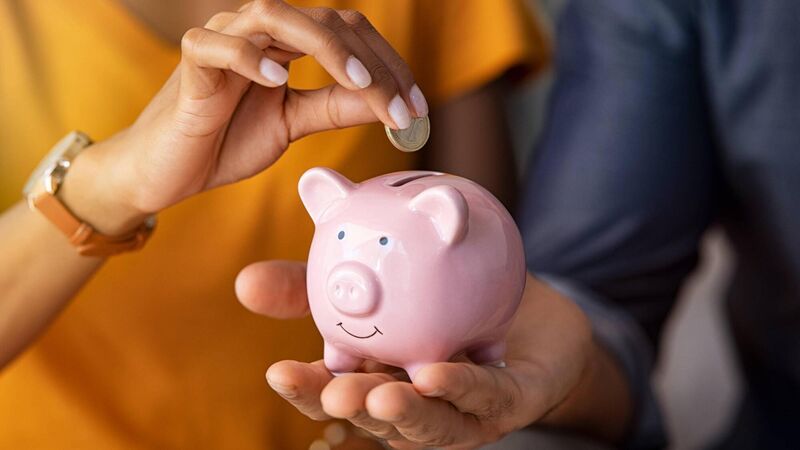Consumer Corner: I have some money to invest - what's the best thing to do with it?

A penny saved is a penny earned - but where do you invest it?
Planning on saving or investing some money in 2023 and not sure where to put your money? Sometimes it may seem like the best place really could be under the mattress but here check out some of the best places for your rainy day fund. We also ask if investing is only for rich people - or can anyone do it?
Irish people have for a long time been acknowledged as a nation of savers and our funds are held on deposit in banks, building societies and credit unions, with most savers receiving little or no interest on their savings. The recent ECB interest rate hikes have done very little to raise deposit account rates which are still very low. Despite this we are a nation of low risk takers when it comes to savings.










